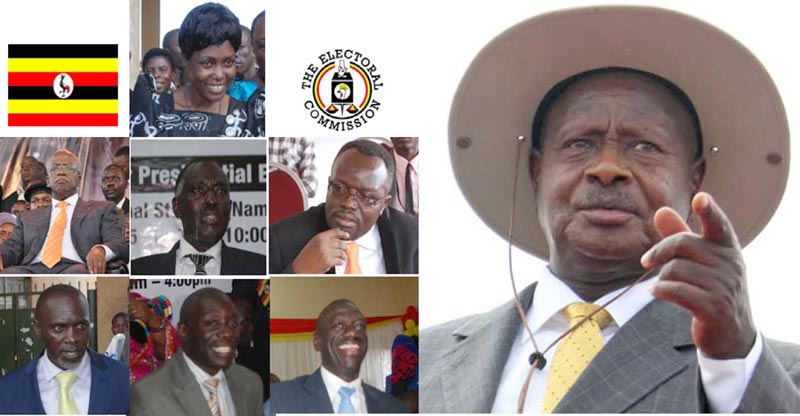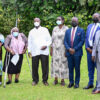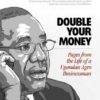Columnists
Electoral fraud likely to spark off low voter turn up
The popular saying ‘practice makes perfect’ is normally wrestled down by another conflicting saying ‘No one is perfect’. The question will now be; if practice makes perfect and no one is perfect then why do we practice? Recently Ramathan Ggoobi made an analysis in The Sunrise Newspaper under the title: Besigye Wins and Museveni rules. This statement is another example of a contradiction. How can Besigye win and instead Museveni rules? If incumbents cannot lose elections then why do we continue wasting money and other resources to hold elections?
It is widely rumored that the last three presidential elections in Uganda have been won by Besigye but Museveni has used his incumbency to rig these elections in his favour.
Proof is written on the walls that Besigye’s supporters have always been demoralized by the NRM rigging but have not given up when it comes to showering their candidates with votes.
Electoral fraud or vote rigging is illegal interference with the process of an election. Acts of fraud affect vote counts to bring about an election result, or both. What constitutes electoral fraud under law varies from country to country.
The 2011 presidential elections presented Museveni as the winner when all people were busy waiting to hear Besigye being announced new president. Political analysts, scholars and media observers have offered several explanations for this upswing in Museveni’s political fortunes in the various areas. Some claim President Museveni and his handlers literally ‘bought’ the election in some areas. Others attributed the president’s impressive performance in northern Uganda to the return of peace there after two decades of war.
After Uganda’s Presidential election of December 1980, Obote was pronounced the winner amid bitter dispute and allegations of electoral fraud. Yoweri Museveni, one of the presidential aspirants, declared an armed rebellion, and waged a guerrilla war against the government of Obote. Museveni’s National Resistance Army took power in 1986 from the government of Gen. Tito Okello Lutwa who had six months earlier toppled Obote’s UPC government in a July 27, 1985 military coup, making him President.
This brief history comes to refresh our minds that election fraud and rigging have existed before. And it is this undemocratic practice that inspired the current leadership to take up arms and fight the government that had fraudulently taken power. The aftermaths of election fraud are often more disastrous than we may expect.
Though most candidates would not easily accept defeat, it is wrong to undermine claims by these candidates that their rival candidates have rigged elections. In the 2001 presidential election, Museveni won by a substantial majority, with Kizza Besigye as the only real challenger. Despite a protest against the results, citing massive voter intimidation and rigging, the outcome was accepted by the Supreme Court of Uganda. But this did not go well down the throats of the opposition supporters.
There is a big section of Ugandan voters who are not ready to waste time participating in an election that is bound to be rigged by the incumbent. They have always sought assurance from the opposition candidates on whether their votes won’t be rigged. Recently the Go Forward presidential candidate Amama Mbabazi assured his supporters that he will ensure their votes are not rigged by candidate Yoweri Museveni who now seeks reelection to extend his three-decade rule. Mbabazi said so in response to concerns from locals at a campaign rally in Mityana who were worried that next year’s election might be rigged in favour of Museveni. “But I know all the inner workings of the system. Trust me; No one will rig the 2016 election”, said Mbabazi.
Ugandans don’t need to carry out a litmus test to prove that NRM rigs elections; it is an instinct they feel flowing in their blood. But both the opposition and NRM are embroiled in a cat-and-mouse blame game over electoral malpractice. While the opposition accuses Museveni of rigging elections, the president also claims his rivals have been rigging, especially in urban centres.The voters now remain perplexed on who actually rigs elections. We should, however, be worried of the possibility of lower voter turn up if voters suspect electoral malpractice to take place.
Comments















